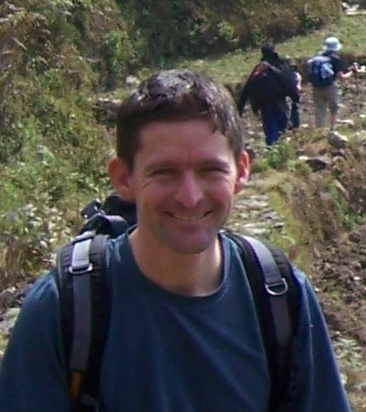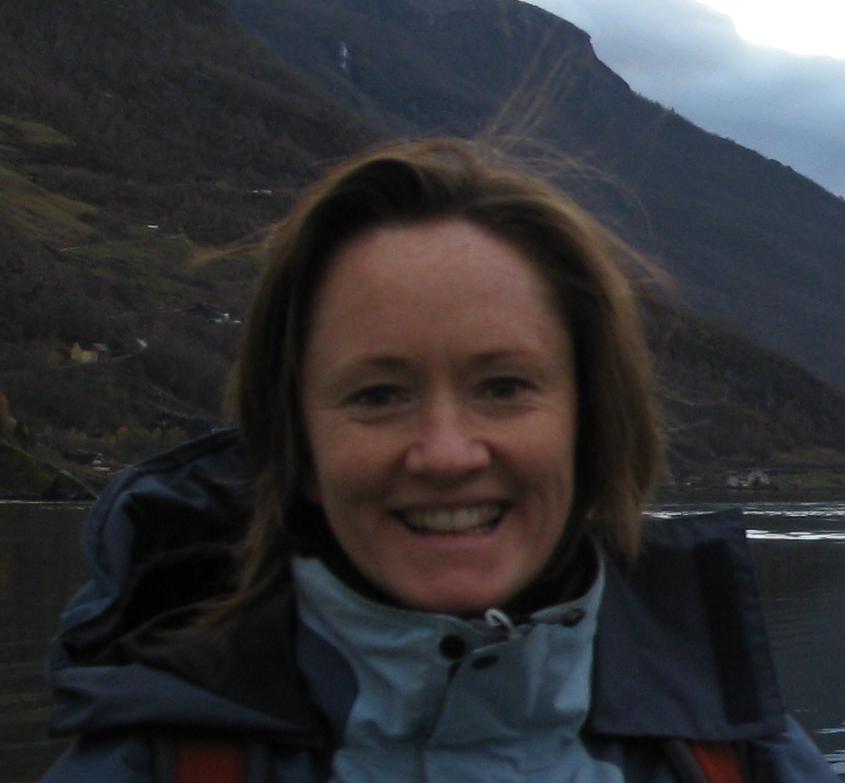Climate Impacts and Adaptation Network Site under constructionWe are a dynamic team of natural and social scientists from the Institute for Climate and Atmospheric Science and the Sustainability Research Instititute. We work together to develop holistic approaches to environmental and sustainability research.
As well as working together on a range of projects, we have regular meetings that range from formal presentation and discussion to more informal 'Climate lunches'. For more details read this document or contact Andy Challinor.
Members

Andy Challinor works on the knowledge base underpinning the food security of populations vulnerable to climate variability and global environmental change. Research to date has focused on the predictability of crop yields in tropical regions on timescales from a season to many decades. This involves data analysis and modelling work, in particular simulation of the fundamental biological and physical processes and quantifying related uncertainties. Through these simulations, and analysis of crop germplasm, the potential for adaptation to climate change can be assessed. 
Emma Tompkins researches how societies can and should adapt to climate change. She has specific interests in developing generic rules for knowledge transfer across social groups and cultural contexts, i.e. how and why some individuals and groups engage in anticipatory adaptation and others do not; the role of governance in enabling and constraining climate change responses and identifying the psychological and economic limits to adaptation. 
Elisabeth Simelton is currently investigating how grain harvests are related to socio economic sensitivity to drought at global and national scales. The work has implications for climate change adaptation policies as well as a potential to account for farmers adaptation in crop-models, as complement to parameters regulating bio-physical adaptation processes. With a background in geography, her research has concerned various aspects of agricultural and forestry land use, including climate impacts on wheat in China. Between 1998 and 2002 she worked in rural development projects in Asia, primarily training farmers and agricultural extension officers. 
Lindsay Stringer focusses her research on land degradation, desertification and climate change. Her work looks at the links between these challenges in terms of the ways they are managed by both local populations and at the policy level. Lindsay«s research areas are mostly located in southern Africa (Swaziland) although more recently she has been working in Eastern Europe (in the southern part of Romania). She also works closely with the United Nations on issues of scientific and local knowledge, helping to develop pathways through which local adaptations, scientific knowledge and policy can better support one another. 
Evan Fraser is a senior lecturer and holds an ESRC research fellowship on vulnerability and food systems. His background is in anthropology and he has worked on historic cases where climate perturbations have caused massive famines. He is the author of approximately 30 reviewed articles and book chapters on these issues and has two forthcoming popular science and history books on related subjects: Beef: the untold story of how meat, muscle and milk shaped the modern world (Harper Collins 2008) and Empires of Food: How civilization rises and falls on the food trade (Simon and Schuster, 2010).